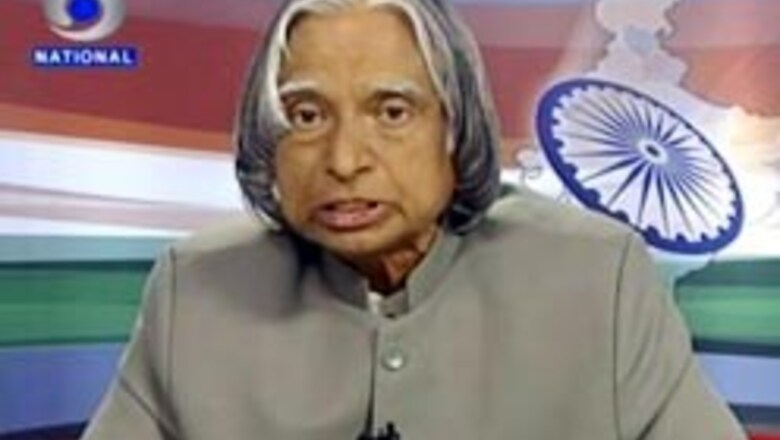
views
New Delhi: Warning that the constant threat of low intensity proxy war and terrorism has become a disturbing feature of national life and a new face of war, President A P J Abdul Kalam on Monday advocated a "national approach" to eradicate terrorism in all forms and to provide citizens security.
Addressing the nation on the eve of 59th Independence Day, he, however, skipped any reference to the controversial issue of Office of Profit, a legislation on which is pending before him for assent.
Describing the issue of terrorism as one of national concern, the 75-year-old President said "we should transcend individual differences of opinion and address it with a sense of unity. This is the need of the hour."
He referred to the recent Mumbai blasts and said the phenomenon of mindless violence was "continuously increasing".
Seeking intense cooperation among political, scientific, administrative and industrial communities, he said the time has come for them to comprehensively take stock of the entire situation in all sectors of security.
Commending a three-phased approach to comprehensive security, the President suggested to the Government and to both Houses of Parliament to formulate a Citizens Security Bill with a national campaign for eradication of terrorism, formulate an Energy Independence Bill and adopt a resolution that India will be transformed into a safe, prosperous, happy and socio-economically developed nation before 2020.
Kalam, who had "national awakening" as the theme of his 14-page address, said "the constant threat of low intensity proxy war and terrorism have become a disturbing feature of national life. This constitutes the new face of war".
Seeking synergising of multiple agencies for forecasting and dealing with terrorist activities, he said "we need to evolve a national campaign to eradicate terrorism in our nation with mission oriented integrated management structure and people's participation."
"It has been recognised that terrorism does not take place without any planning. This may be originating from a master plan with global umbilical connectivity extending to homes or hotels and guest houses."
PAGE_BREAK
He said NCET would facilitate working together of the intelligence and security machinery both at the state and the central level to achieve desired objectives besides acting as an alert and dynamic movement, which would prevent hotels and homes being used as a shelter by terrorists and extremists.
The President said the states could consider introduction of national identity cards and implement the National e-governance grid for all government-to-government, government to citizens, business-to-business and business to citizen transactions within two years time.
Emphasising that accelerated development has to be integrated with peace missions, Kalam said the economic security of border regions would itself become complementary to territorial security required in these zones.
Highlighting the urgency to fight terrorism, the President said: "when evil minds combine, good minds have to work together and combat."
"While we have the basic structure in the form of law, police cadres, intelligence agencies and judicial system, we need to reinforce them with required updates with a code of conduct.
Every citizen, every group, every religion and every political and executive system should allow the law to function without interference," the President said.
Referring to the threat of extremists groups in the north eastern parts, he said this required immediate, coordinated counter measures including effective negotiations for restoring normalcy coupled with economic development within the next three to five years.
Kalam, who visited some of the Mumbai blast victims in hospital, said he felt the pain of many who lost their hearing ability, their limbs fractured and amputated and spinal injuries leading to permanent disability. The Maharashtra Government rose to the occasion to provide financial relief for medical support obtained from private hospital.
Underpinning the need for sustained period of debate and decision making in Parliament and in Government for comprehensive national security "only in an environment of stable peace, can the nation concentrate on social and economic development.
Touching on energy security, the President said that with cooperation of certain states, the country should aim to mine enough Uranium.
Expressing the confidence that India has the capability to build its own Thorium based reactor, he said this would enable it to be self-reliant, secure and independent in nuclear energy.
PAGE_BREAK
Noting that the country was running out of oil and natural gas based on fossil fuel, he asked the nation to gear up for enhanced production of coal and clean coal technologies and reduce heavy dependence on imports.
Contending that 75 per cent of the 114 million tonnes of oil imported every year was used in the transport sector, he said "we have to concentrate on bio-diesel and renewable energies."
In harnessing solar energy, there was need to set up infrastructure and capabilities for a nano-technology resolution that has the potential to find solution for new forms of solar cells, more efficient, less costly and abundantly available, he said, adding "our goal by 2030 is to generate 50,000 Mega Watt of power from renewable energy sources."
Touching the national development scene, the President said the sucess stories in the field of agriculture and water harvesting gave a clear indication that it was feasible to enhance food grain output from the existing 200 million tonnes per annum to nearly 360 million tonnes before 2020.
"This will also help in drastically reducing the number of people below the poverty line – a true indicator for an economically developed nation," Kalam said.
The President expressed the hope that the present initiative launched throughout the country by various universities, NCERT and educational foundations would enable the country to realise near 100 per cent literacy and employable skills among youth, leading to a knowledge society by the year 2020.
"The country will then have two national human resource cadres – skilled youth with specific world-class technical skills and knowledge professionals with higher education to take up leadership roles in research, development and industrial missions," he said.
The President also opined collaboration between the government hospitals and private healthcare institutes, which would help the country, provide effective, affordable and quality healthcare services to all the people of the country by year 2020.
He also asked entrepreneurs, educational administrators, small-scale industrialists and bankers to contribute in Providing Urban Amenities in Rural Areas (PURA) with the support of government agencies providing total economic prosperity to rural India by 2020.














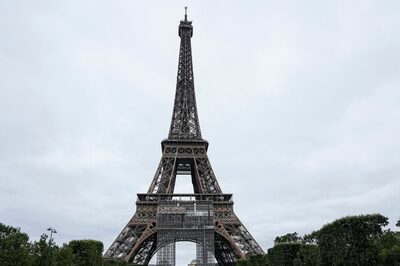
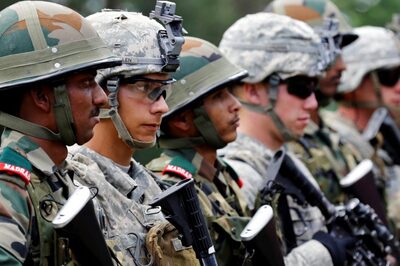
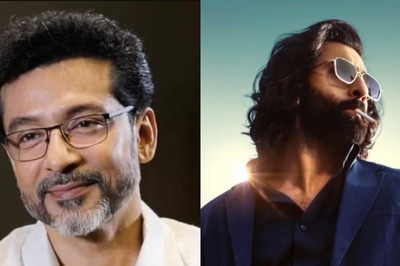
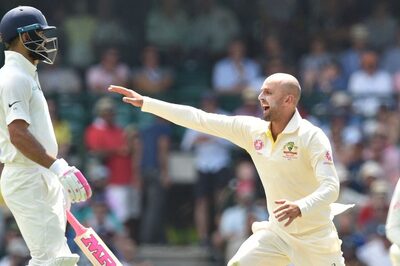
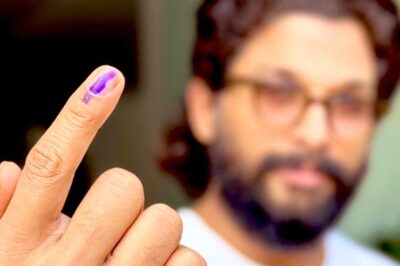
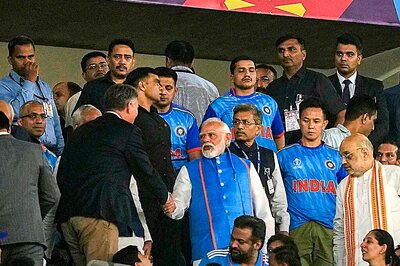
Comments
0 comment